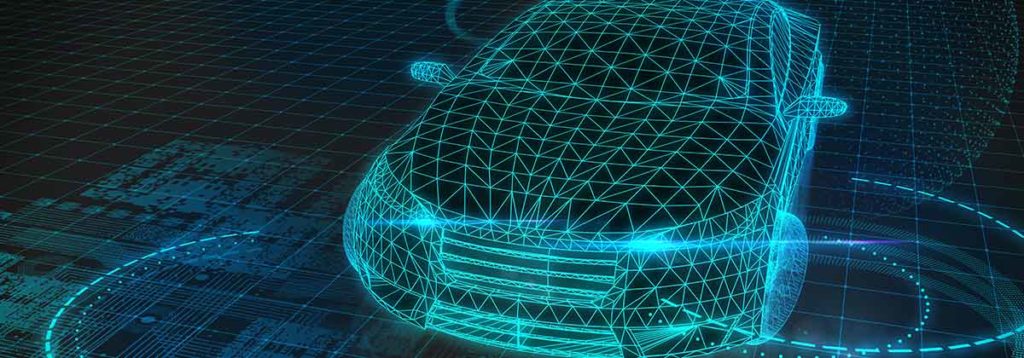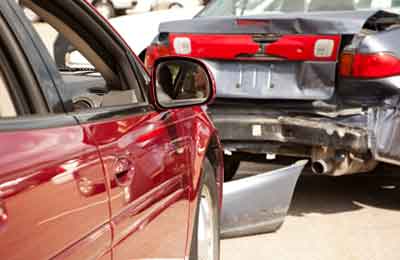
Autonomous cars are quickly becoming a reality. Tech companies have been working on the machines for decades and they are now putting their cars on the road for the first time. 4 states, including California, Florida, Michigan, and Nevada, as well as Washington D.C. have passed laws that legally allow autonomous vehicles on the roads as long as they meet certain safety conditions. Similar laws are pending in 16 other states, including Massachusetts. But the question remains: who is responsible if an autonomous car crashes?
Are Autonomous Cars Self-Driving?

First, it is important to understand the difference between “self-driving” and “autonomous” cars. Self-driving cars do not require a person to be in the car at all because they are run solely by computers. Autonomous cars drive themselves, but have a person in the driver’s seat in case of an emergency. The current laws allow for autonomous cars because lawmakers recognize that there is a human element that may be necessary for a complicated task, but they do not yet allow self-driving cars.
Who Is Responsible In an Accident?

In the event of a car accident caused by an autonomous car, there are several potential parties that could be held responsible. First and foremost, the owner of the car itself can probably be responsible, just like with a regular car accident. However, the manufacturer of the car may be held responsible if a defective piece of technology caused the accident, such as a camera or sensor used by the car. Additionally, the company that produced the computer code could also be held responsible if the accident was the result of a bad decision by the car, even though everything else worked just as it should have.
There are still enormous questions that have to be answered, and the technology that powers autonomous cars has a long way to go before it becomes safe enough for the cars to become commonplace.


